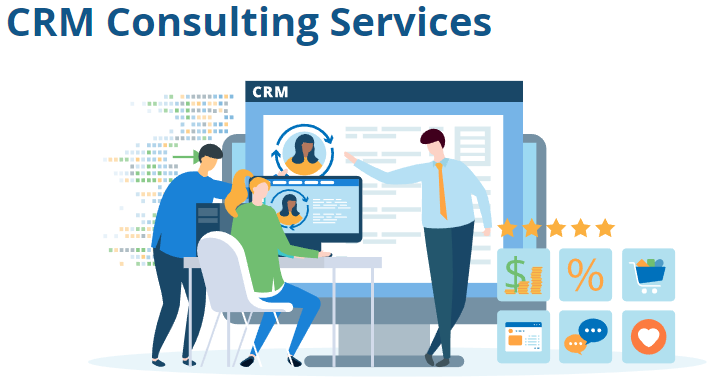
If you're wondering how to change financial advisors, you've come to the right place. No matter whether you are looking to switch firms, there are some key points to keep in your mind. First, never forget to be kind to your financial advisor. In the future, you may need his assistance. Second, make sure you get his transaction history. This will help your new financial advisor get up to speed.
Transferring assets that are not transferable
Transferring non-transferable assets when you change financial advisors is an option available to some clients. It can minimize tax consequences. Non-transferable asset are not available to the previous advisor. Your advisor can decide what to sell, and when. This can allow you to make gradual gains or loses.
Review all contracts between your financial advisors prior to switching. Make sure you read your contract carefully to see whether there are any terms that restrict you from moving your assets to your new advisor. Some contracts require you to give a certain amount notice or pay termination fee.

Avoiding unpleasant surprises
You should ensure you select the right financial advisor for your circumstances if it is time to change. As a responsible investor, you want to make sure your advisor helps you reach your financial goals. While it is not always easy to make a decision, there are some ways to avoid making a mistake. It is important to determine how much your advisor values the work they do and how you can hold it up to a high standard.
Check the contract before changing financial advisors. Make sure you ask about any fees. Ask about fees, as well as the minimum holding period required for non-transferable property. Ask about fees such as redemption fees and whether fees will be added to the transfer fee. Although it may seem uncomfortable to change financial advisers, this is better than working in an advisor that's not right.
Switching financial advisors can be costly
While switching financial advisors can save you a lot of money, it also has a cost: the time and effort spent transitioning client accounts and developing new client relationships. It is not easy to quantify this cost, but it typically amounts to approximately 5 percent to your annual productivity. If you run a multimillion-dollar business, for example, you'll incur approximately $50,000 in opportunity costs.
It can be complicated to move your financial account. Not only will you need to locate a new advisor, but it is also important to discuss your requirements and preferences with them. Your advisor should have enough information about you to make the right recommendations. You should clearly identify your major financial goals. Once you've chosen your new advisor, consider the costs involved with transferring accounts. Ask your advisor about fees if you are transferring your account. Make sure to review your agreements. Many times, agreements can be signed electronically by you and your new advisor.

Finding a "forever” match
To make the transition smoothest possible when you are changing financial advisors there are several things to consider. Financial advisors can often build lasting relationships with their clients. They might have helped you to start personal finance, set up retirement savings accounts, or even signed you up with life insurance. These relationships can be valuable for your financial wellbeing in any situation.
Your financial records should be reviewed with your advisor. In addition to reviewing the advisor's credentials and experience, make sure they are capable of handling your assets. As some advisors may not be legally allowed to hold certain types or assets, it is also important that they have a license. Before you transfer assets, ensure your financial advisor has copies of all transactions.
FAQ
What is a consultant anyway?
Consultants are those who offer services to other people. It's not a job title. A consultant is a role that helps others achieve their goals. By helping people understand their options and helping to make the right decisions, you do this.
Consultants can help you solve problems or overcome challenges when working on projects. Consultants can also offer advice and guidance regarding how to implement these solutions.
Consulting should be able address questions related to law, finance and technology.
How do I get clients to my consulting business?
Finding a passion area is the first step. You can choose to be passionate about anything, from public relations and social media. You might have to start small, such as by finding niche markets like web design. Once you find the right niche, it is important to know what makes it tick. What problems does it solve? Why should people use them? What can you do to support them?
You could also approach businesses directly. Perhaps they are looking for someone who can help them understand SEO and content creation or just need advice on social media strategy.
If all else fails why not offer your services to free events like conferences and networking evenings? It's a great way to get in touch with potential customers, without spending too much on advertising.
How did modern consultancy become possible?
The first consultants were accountants that helped companies manage finances. They were known as "accounting consults" because they are highly skilled in the management of financial information. However, this role soon expanded into other areas, such as human resources management.
The French word "to advise" is the origin of the term "consultant". It was first used by businessmen to refer to someone who could give advice about how to run an organisation. The word consultant is still used by most business owners to refer to any kind professional advisor.
Statistics
- Over 62% of consultants were dissatisfied with their former jobs before starting their consulting business. (consultingsuccess.com)
- 67% of consultants start their consulting businesses after quitting their jobs, while 33% start while they're still at their jobs. (consultingsuccess.com)
- According to IBISWorld, revenues in the consulting industry will exceed $261 billion in 2020. (nerdwallet.com)
- WHY choose me: Why your ideal client should choose you (ex: 10 years of experience and 6-week program has helped over 20 clients boost their sales by an average of 33% in 6 months). (consultingsuccess.com)
- So, if you help your clients increase their sales by 33%, then use a word like “revolution” instead of “increase.” (consultingsuccess.com)
External Links
How To
How do I start a consulting business without any money?
A simple and effective way to get started with your own consultancy business - without any capital investment!
This tutorial will show you how to make money online from home. It will also help you improve your skills and earn extra cash.
I'll be sharing some secrets on how to get traffic on the demand, especially for people searching for specific items.
This is known by the name "Targeted Traffic". This method was built specifically to allow you to do things like this...
-
Choose the niche that you are interested in.
-
Research which keywords people use to find solutions on Google.
-
These keywords are the basis of your content.
-
Post your articles on article directories.
-
Promote your articles using social media.
-
Create relationships with experts in this niche.
-
Be featured on these blogs or websites.
-
By sending emails, you can increase your email list.
-
Start making money.